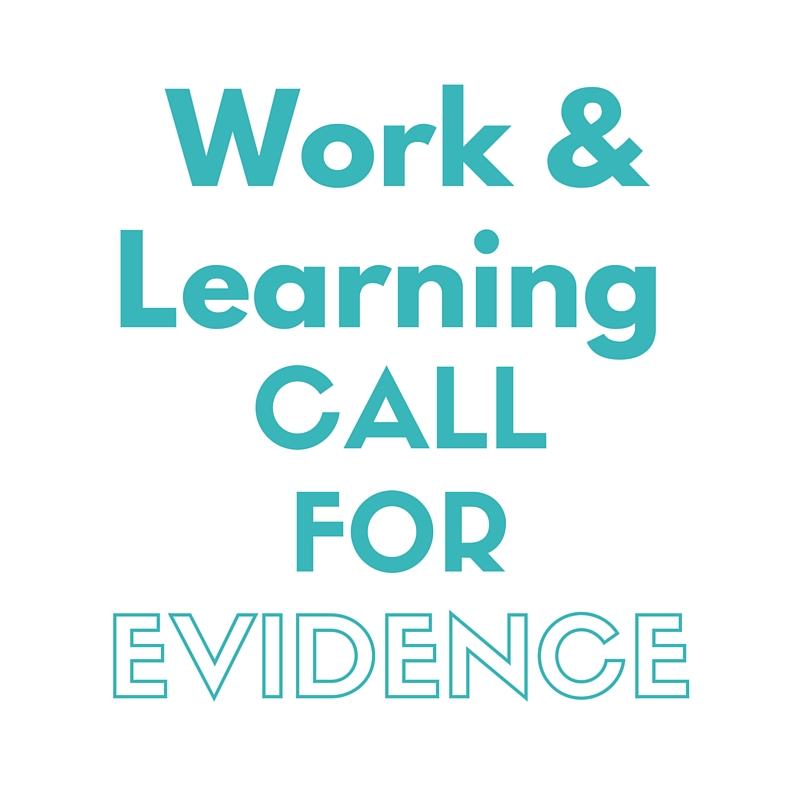We are reviewing the evidence of how worklessness – not being in paid work and exits from work affect wellbeing.

By worklessness we mean not being in regular employment or education/training, because of unemployment, retirement, disability or family care.
We are specifically interested in evidence which relates to the following research questions:
- What are the potential effects of not being in paid work on wellbeing?
- How does the duration of not being in paid work affect wellbeing?
- What are the impacts of changes in wellbeing on worklessness, duration of worklessness and the subsequent transitions?
We are looking for high quality research on each of these questions to use as best available evidence. We aim to use this evidence to show the impact of different types of worklessness- not being in paid work on wellbeing and the impact of wellbeing on moving in and out of worklessness for different demographic groups.
We are particularly seeking the following types of evidence:
- Evaluation of how not being in paid work linked to different life circumstances (e.g., retirement, disability, unemployment) impacts on wellbeing.
- Evaluation of the impact of poor wellbeing on remaining in worklessness
- Evaluation of the extent to which the wellbeing outcomes of worklessness, duration of worklessness and the transitions between worklessness states vary across groups (e.g., age, gender, family status).
We are particularly interested in the effects of worklessness on life satisfaction. However, evidence of impact on wellbeing that may include stress, mental health, anxiety, and depression are also welcomed.
We welcome evidence of a qualitative or quantitative nature, provided the evidence meets the criteria outlined above. Studies that use longitudinal methods are preferable. However, we also seek evidence from high quality cross-sectional studies.
→Please send your submissions to: Evidence@WhatWorksWellbeing.org with Worklessness as the title
→All submissions should be received by 20th of June 2016.
